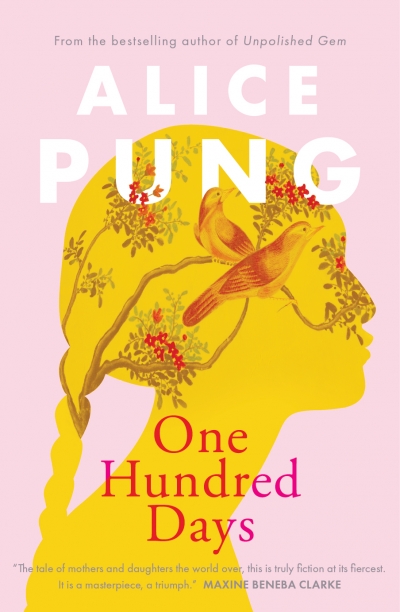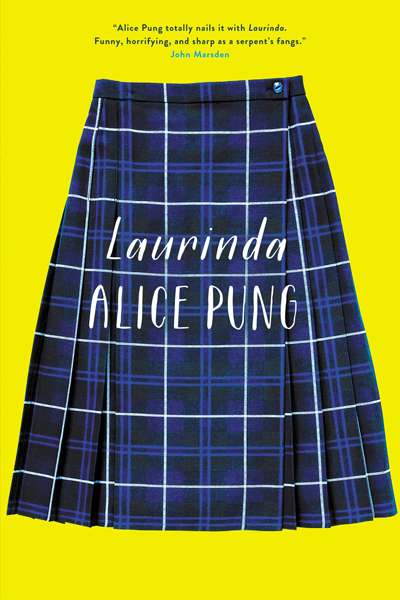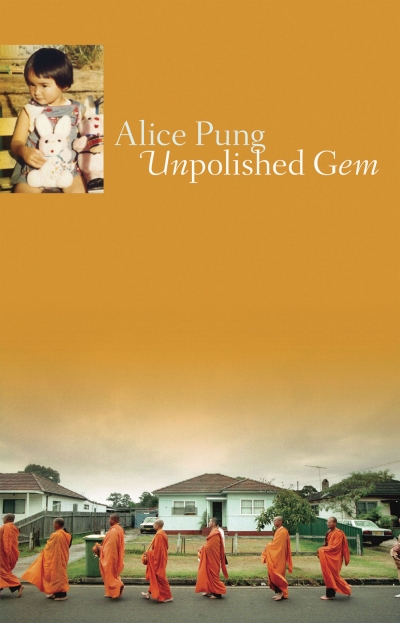This book is dedicated to all Asian Australians. Like the term ‘Chinese Australian’, ‘Asian Australian’ is revealing to my baby-boomer generation of Australian-born Chinese, for we have lived most of our lives known as Australian Chinese, a term that stresses our ethnic background over our Australian birthplace, even though our families have contributed to Australia for four, five or six generations. We may not speak a word of our ancestral tongue, and may never have trod the land of our forebears. The new term recognises that the growing numbers of Australians of Cambodian, Chinese, Indian, Korean, Malay, Thai, Vietnamese and other Asian heritage are equally Australian as are white Anglo-Celtic Australians.
...
(read more)






